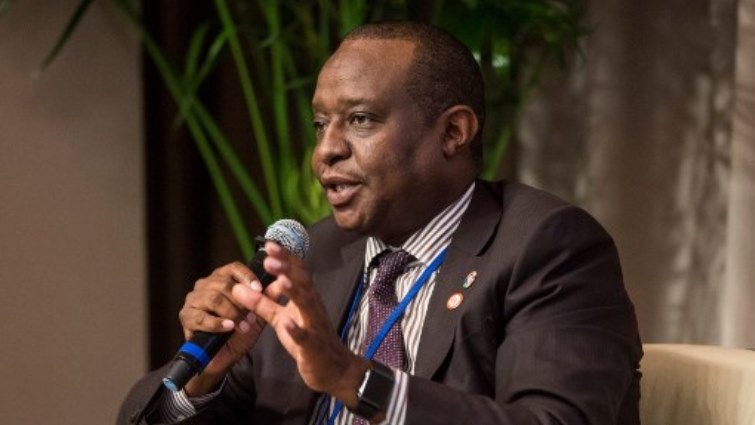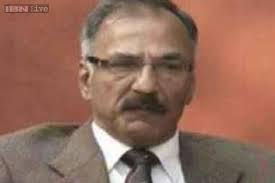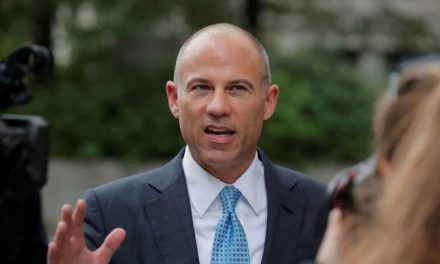30 July 2019
Finance Minister, Henry Rotich (picture), turns himself in to face corruption charges, just months after taking out a newspaper advertisement to defend himself. The charges against Rotich relate to a project to build two hydro-electric dams in the country. There were irregularities in the procurement and payment processes in the project. He is the first sitting minister in Kenya to be charged for corruption. In addition to Finance Minister, 26 other Kenyan officials have been arrested and charged with alleged financial misconduct.
The contract was awarded to an Italian company, CMC di Ravenna, for $456 million. The prosecutor alleged that the final cost of the project was inflated. The Public Prosecutor has issued an arrest warrant for Paolo Porcelli, the CEO of CMC di Ravenna, after the CEO failed for a second time to appear in court to enter a plea on corruption charges. CMC di Ravenna’s lawyer, Kevin Anami, told the court that he had instructions from Porcelli to enter a plea of not guilty on his behalf. But Chief Magistrate, Douglas Ogoti, rejected his bid.
Prosecutors claim that no work has been done on the dams despite the Italian firm having won the construction contract four years ago, and some $180m having been paid out by the Kenyan treasury in connection with the projects. The contractors had used part of the money to pay for industrial quantities of towels, duvets, pillows and bedsheets. A supermarket was awarded a lucrative contract to supply food to the construction site – where no work had ever been done. Government officers, private individuals and institutions involved in the project paid large sums of money for corrupt purposes.
Prosecutors claim that no work has been done on the dams despite the Italian firm having won the construction contract four years ago, and some $180m having been paid out by the Kenyan treasury in connection with the projects. The contractors had used part of the money to pay for industrial quantities of towels, duvets, pillows and bedsheets. A supermarket was awarded a lucrative contract to supply food to the construction site – where no work had ever been done. Government officers, private individuals and institutions involved in the project paid large sums of money for corrupt purposes.
Prosecutors also learned that while CMC di Ravenna South Africa Ltd won the bid to construct the dams, the contract agreement was signed by a different legal entity. Yet another entity – CMC di Ravenna’s Kenyan subsidiary – received the advance of funds.
A judge in Kenya in another unrelated case ruled that a county governor accused of corruption must step aside pending his trial. This ruling could have widespread ramifications in the country, where senior officials are often charged with graft but rarely convicted. This ruling will prevent the governors exerting undue influence in respect of charges against them. Moses Lenokulal, the governor of Samburu County in central Kenya, was charged in May with corruption and unlawful acquisition of public property.
Another governor, Ferdinand Waititu of Kiambu County, was charged in an anti-corruption court in Nairobi alongside his wife and other senior county government officials. The case is coming up for hearing soon. This will be a test case on whether last week’s ruling on Moses Lenokulal’s case will serve as a precedent. Already three other governors have corruption cases against them in court. Another four are being investigated on suspicion of graft.
Reuters reported.
Reuters reported.
The arrest of a siting minister and ruling on accused governors show that Kenya has reach a turning point in handling corruption.















